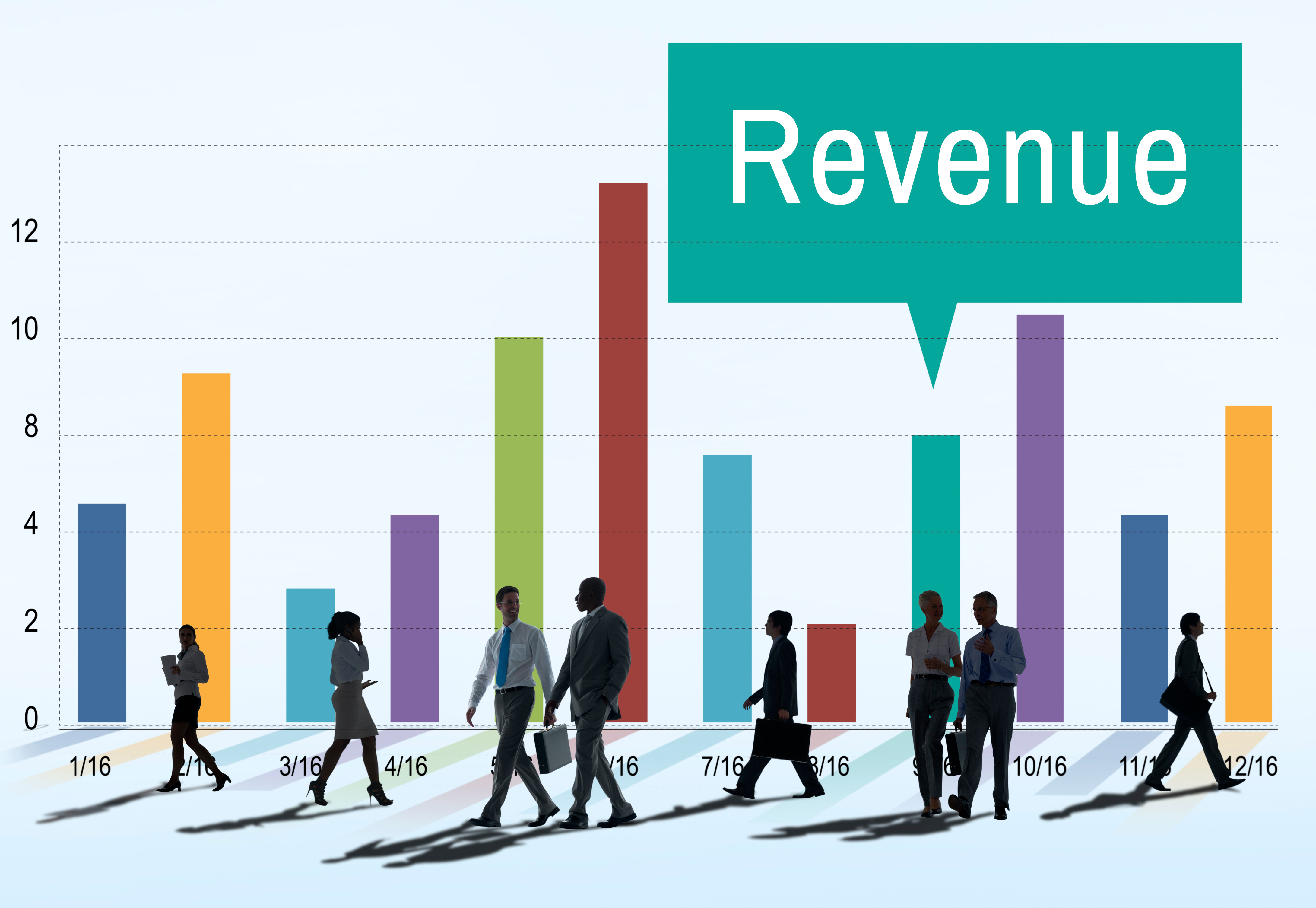Why Your Hotel Revenue Strategy in 2025 Must Include Digital Marketing

Introduction: Leveling the Playing Field
Large hotel chains dominate India’s hospitality market with advanced technology, vast distribution networks, and loyal customers. But that doesn’t mean independent hotels can’t compete—or even outperform them. With smart revenue management, smaller hotels can maximize revenue, attract better guests, and gain a competitive edge.
This article will show you how to compete with chains using smart revenue management, including proven techniques, frameworks, and tools tailored for Indian hotels.
Why Big Chains Dominate—and How You Can Compete
The Chain Hotel Advantage:
- Strong brand recognition
- Advanced pricing tools
- Global partnerships with OTAs and GDS
- Centralized data and marketing teams
The Independent Hotel Advantage:
- Flexibility in operations
- Local experience and personalized service
- Freedom to implement agile strategies
With the right revenue management approach, independent hotels can turn their flexibility into profit—even in a competitive environment.
What Is Revenue Management in the Hotel Industry?
Revenue management is the strategic use of data and tools to sell the right room to the right guest at the right time for the right price.
It includes:
- Forecasting demand
- Optimizing room pricing
- Controlling inventory
- Managing distribution channels
In the hotel supply chain, revenue management ensures balanced allocation of resources (staff, rooms, amenities) based on demand trends—boosting profitability and reducing waste.
👉 Want professional support?
Check out our Hotel Revenue Management Company in India
The 5 Pillars of Revenue Management
- 1. Pricing Strategy Adjusting rates dynamically based on demand, seasonality, and competition.
- 2. Demand Forecasting Using historical and real-time data to predict future occupancy and revenue.
- 3. Inventory Management Allocating rooms effectively across channels (OTAs, direct, corporate)
- 4. Distribution Strategy Ensuring rooms are visible on the right platforms at the right time.
- 5. Performance Monitoring Measuring KPIs like RevPAR, ADR, and occupancy to refine strategies.
The 7 Core Principles of Revenue Management
- 1. Demand varies by time and customer segment
- 2. Hotel inventory is perishable
- 3. Not all customers are equal—segmentation is key
- 4. Pricing should reflect value, not cost
- 5. Time is a critical variable
- 6. Revenue opportunities must be maximized
- 7. Strategy must adapt to market changes
The 5 Steps in Revenue Management Strategy
- 1. Market Segmentation Understand your customer types
- 2. Forecasting Predict future demand
- 3. Pricing Set rates based on data
- 4. Inventory Allocation Assign rooms to the best channels
- 5. Performance Evaluation Analyze results and adapt
What Are Revenue Growth Levers?
In Bengaluru’s fluctuating demand scenario, from tech-driven corporate events to tourism peaks, revenue management is not just a strategy, it's your safety net. A revenue management company can use analytics to optimize pricing strategies and inventory control, ensuring that you're always making the most profitable decisions.
Revenue Growth Management (RGM) helps hoteliers identify the most effective ways to grow income.
The 5 RGM Levers:
- 1. Price Adjustments
- 2. Product Mix Optimization
- 3. Effective Promotions
- 4. Channel Optimization
- 5. Cost Control
The 3 Types of Growth Levers:
- Price-based: Increase rates strategically
- Volume-based: Increase the number of bookings
- Cost-based: Improve efficiency and reduce overheads
The 4 Pillars of Revenue:
- Segmentation
- Pricing
- Marketing
- Distribution
Lessons from BCG: Net Revenue Management (NRM)
Boston Consulting Group (BCG) outlines 5 pillars of NRM:
- Product Strategy
- Pricing Strategy
- Promo Strategy
- Channel Strategy
- Trade Management
Independent hotels can adapt these pillars to local markets and gain insights from BCG’s enterprise-level frameworks—scaled for boutique or mid-size properties.
How Indian Hotels Can Outperform Chains
Use Technology Smartly
Implement PMS and RMS tools that help you automate pricing and forecast demand.
Focus on Direct Bookings
Invest in your website, SEO, and content to reduce reliance on OTAs.
Train Your Staff
Educate teams on upselling, guest targeting, and dynamic pricing.
Work With Experts
Consider partnering with a specialized hotel revenue management company in India to build custom strategies.
Real-World Example: Jaipur Boutique Hotel Case
A 30-room independent hotel in Jaipur partnered with a revenue management firm:
- Increased occupancy from 50% to 80% in 6 months
- Boosted ADR by 20%
- Increased RevPAR by 30%
- Reduced OTA commission costs
This transformation was achieved without major capital investment, purely by optimizing revenue strategies.
Call to Action: Ready to Compete with Chains?
At Hospitality Minds, we help independent hotels maximize their potential with expert revenue management services.
👉 Book a Free Strategy Call Now Let’s create a strategy that helps you beat the chains—on your terms.













